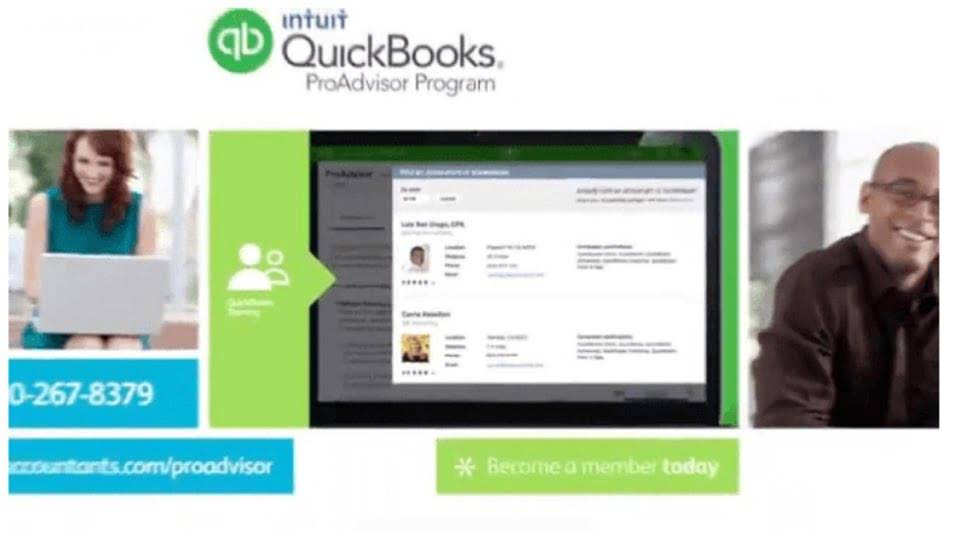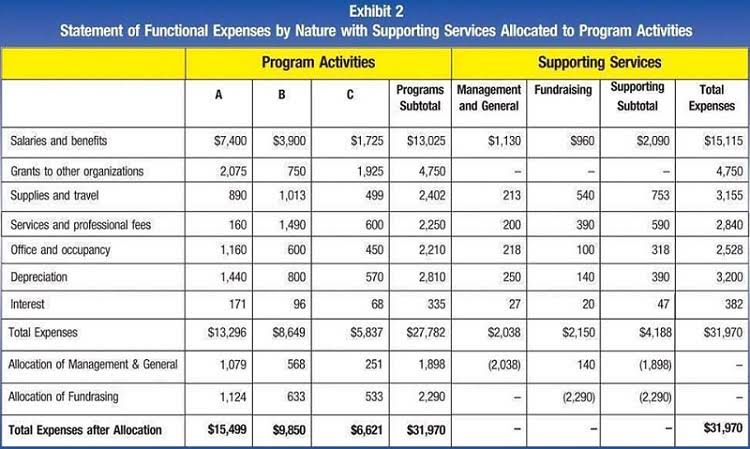- April 15, 2022
- Posted by: admin
- Category: Bookkeeping

As your portfolio expands, you might find the volume of information overwhelming. It’s the only way to ensure that your funds were invested in line with your instructions and there were no unauthorized transactions or withdrawals. In addition, keeping good records of your investments provides you with a history of their performance and can save you time and money in the future.
Keep until warranty expires or can no longer return or exchange
Let’s review some of the business records that the IRS may request, how long to keep each one, and why these records are so important. GrowthForce accounting services provided through an alliance with SK CPA, PLLC. Registered representatives can fulfill Continuing Education requirements, view their industry CRD record and perform other compliance tasks. FINRA Data provides non-commercial use of data, specifically the ability to save data views and create and manage a Bond Watchlist. If you’d like to move toward less paper, there are plenty of digital storage options. The most secure way is to scan and encrypt your records which you can store locally on a hard drive with an encrypted cloud backup.

Here are answers to some common business-related recordkeeping questions.
- Good record-keeping regardless of usage is still of utmost importance.
- ‘Inc.’ in a company name means the business is incorporated, but what does that entail, exactly?
- Before you toss them, double check to see whether anyone else you do business with might need them.
- In cases where a workers compensation claim was made, consider keeping records for 10 years after the claim was resolved.
- When your records are no longer needed for tax purposes, do not discard them until you check to see if you have to keep them longer for other purposes.
Small business owners may choose any recordkeeping system that fits their business. Except in a few cases, the law does not require special kinds of records. You can also keep digital records of all bank transactions in case you want to avoid being loaded with a ton of paperwork. Ideally, you should keep business tax records and receipts for a period of 3 years. However, some specific paperwork requires to be preserved for longer. If you didn’t report income when you should have, you’ll want to hold onto your records for six years.
Paper vs. Electronic Records

The period of limitations is the amount of time that you have to make changes to your previous tax return or which the IRS can assess more tax. One part of being a business owner means keeping records for everything, how long to keep business financial records including what you’ve earned, what you’ve spent and where you’ve traveled. It can become easy to get swamped in paperwork, and you may be tempted to toss your records once your business taxes are filed.
A Beginner’s Guide to Record-Keeping for Small Businesses
- Currently, the easiest way to keep financial records is to digitize them.
- Our best expert advice on how to grow your business — from attracting new customers to keeping existing customers happy and having the capital to do it.
- If you’re like many of us, the amount of paper that enters your home is hard to handle at times.
- Make the effort to keep them safe and secure from the beginning so you don’t have to worry in case something terrible happens, such as a fire or flood.
In this case, the Uniform Preservation of Private Business Records Act (UPPBRA) is a good guideline. Purchases, sales, payroll, and other transactions you have in your business generate supporting documents. These documents contain information you need to record in your books. If you received property in a nontaxable exchange, your basis in that property is the same as the basis of the property you gave up, increased by any money you paid. You must keep the records on the old property, as well as on the new property, until the period of limitations expires for the year in which you dispose of the new property. Then, once the time is up, simply discard everything from that year at once.

If your storage space is limited, however, this isn’t always the best option. For limited record-keeping space, we strongly recommend digitizing your files. Keep in mind that there’s no statute of limitations if you do not file a tax return or if you file a fraudulent tax return. You will be indefinitely liable for backing up your claims or filing for any missed tax periods. However, what many business owners do not know is how long the business needs to keep financial records. You should keep records of your own and your family members’ health care insurance coverage.
What records should you shred?
- Remember this is different than a marriage license, which you don’t keep.
- When you’re running a small business, you have myriad things to worry about on a daily basis, so keeping detailed records may be the last thing on your mind.
- These are things like articles of incorporation, business licenses, partnership agreements, and any signed contracts.
- Marriage certificates are usually needed for the Social Security Administration status and/or name change, driver license name change, mortgage loans, life insurance, health insurance, etc.
- You will likely pay a fee for this service, but it’s a small price to keep your personal information safe.
- You must keep these records to figure any depreciation, amortization, or depletion deduction and to figure the gain or loss when you sell or otherwise dispose of the property.
Arbitration and mediation case participants and FINRA neutrals can view case information and submit documents through this Dispute Resolution Portal. Kevin has been writing and creating personal finance and travel content for over six years. He is the founder of the award-winning blog, Family Money Adventure, and host of the Family Money Adventure Show podcast. He has been quoted by publications like Readers Digest and The Wall Street Journal. Kevin’s work has been featured in Bankrate, Credible, CreditCards.com, Fox Money, LendingTree, MarketWatch, Newsweek, New York Post, Time, ValuePenguin and USA Today. For other documents, you can use a scanner to scan them into your computer, or you can take photos using your cell phone.
Period of limitations that apply to income tax returns
If you have financial records or documents you aren’t sure you’ll need, err on the side of caution. The right financial record keeping ensures that you are aware of your big financial picture. And very importantly, when you are aware of all your records, and how https://www.bookstime.com/articles/outstanding-checks long to keep financial records, you can protect yourself from an identity thief. To shred documents at home, you can purchase an inexpensive cross-cut paper and credit card shredder. Most of these expenses are considered supportive documentation for tax purposes.
